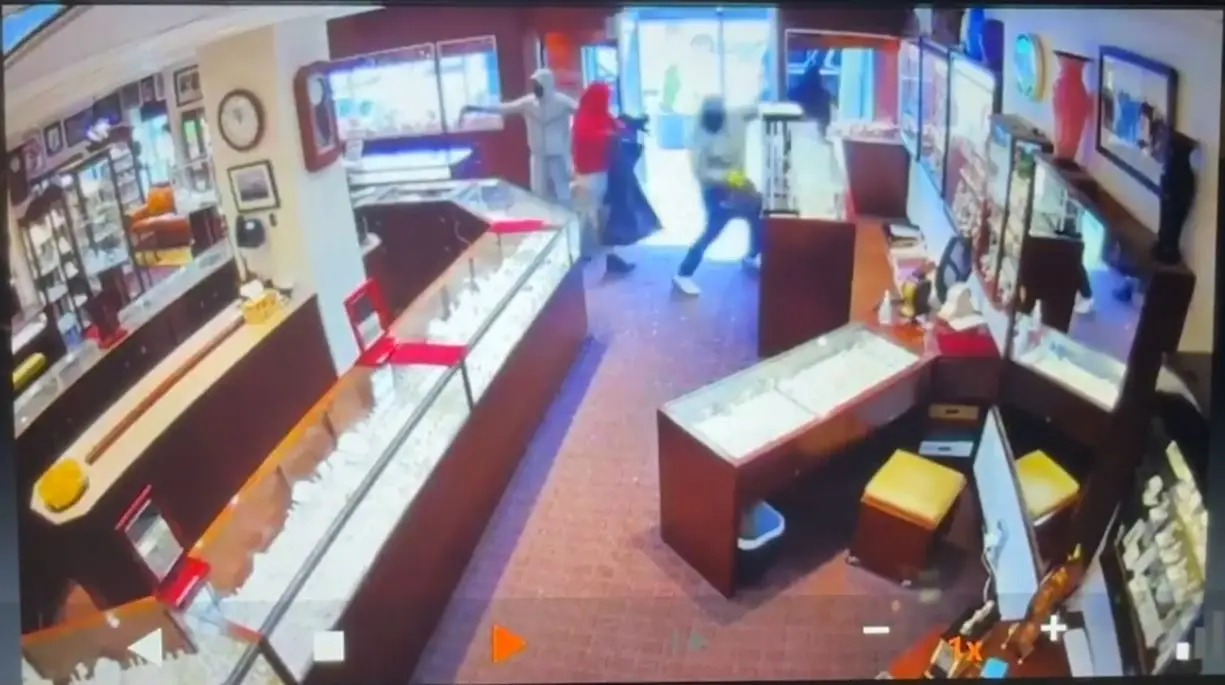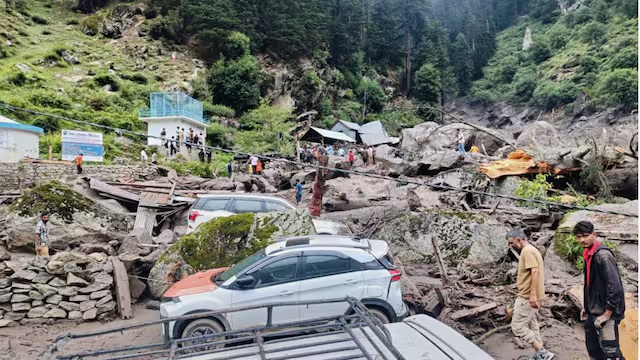
On Thursday, the Supreme Court addressed growing concerns over the delay by the Central government in clearing judicial appointments recommended by the Collegium, particularly for various High Courts. A Bench comprising Chief Justice of India (CJI) Justice BR Gavai and Justice K Vinod Chandran noted that the issue is being actively pursued from the administrative side.
The Court’s remarks came after Senior Advocate Arvind Datar raised the matter during a hearing, pointing out that several names recommended by the Collegium as far back as 2019 are still awaiting approval. “There are names recommended in 2019, reiterated in 2021–22, but they remain pending. These names have been held for nearly four years, and candidates are losing their seniority,” Datar said.
CJI Gavai acknowledged the concern and confirmed that the judiciary is aware and engaged in following up on the matter administratively. “We are also pursuing from the administrative side. I am aware. A lady from Delhi,” the CJI said, in what appeared to be a reference to Senior Advocate Shwetasree Majumdar. Majumdar had withdrawn her consent for elevation to the bench after her name remained pending with the government for over a year.
Advocate Prashant Bhushan added to the discussion, noting, “Yes, she was a topper from NLS. This is happening continuously.” His remarks underlined the broader issue of qualified and meritorious candidates reconsidering or withdrawing from judicial appointments due to prolonged delays.
The Collegium system, which involves senior judges recommending names for judicial appointments, has faced repeated friction with the Executive over delays in processing recommendations. The Constitution Bench judgments have made it clear that names reiterated by the Collegium must be cleared within a specified period, yet long-standing pendency continues to plague the appointment process.
This recent exchange highlights growing judicial frustration over bureaucratic inertia, and further emphasizes the need for transparency, accountability, and urgency in filling judicial vacancies—especially in High Courts where the backlog of cases continues to rise.













